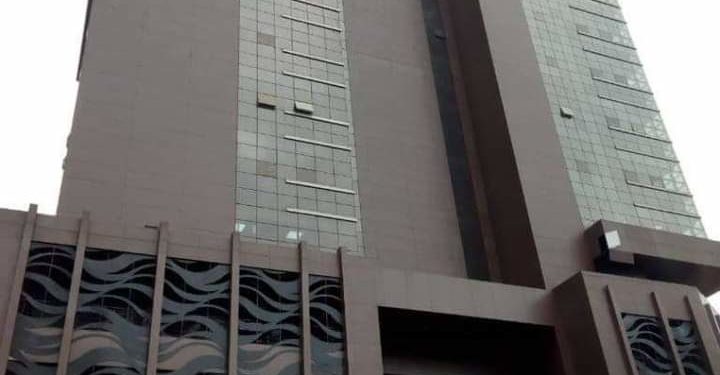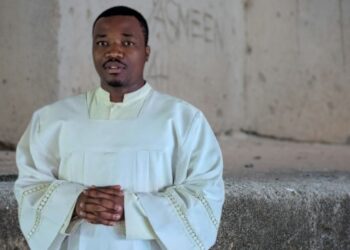Many decades ago, there was an open rivalry between the Catholic Church and the Anglican one and some of it influenced the politics of our country. That rivalry has become silent over the years but played out openly on Kampala Road. The Anglican Church felt that it was losing ground in the bragging rights war when the Catholics started and completed construction of their Mapeera House. The Anglicans started their own Church House a couple of plots away.
The plan to build Church House was mooted in 1965 and construction only started around 2011. So Church House, which is now Luwum House has been completed 53 years later, in 2018. A lot of Christians have been bragging about it on social media.
Of course, it’s design will not win any architectural accolades though it will favourably compete with the old prime minister’s building in having the dullest colors in Kampala! The Church shouldn’t lose sleep over that though. Their concern should be the way the city has changed in the last few years. Because, if they don’t do something, Church House will remain a white elephant.
The location of Church House is no longer suitable for corporate companies to have their offices there. So apart from maybe the first four or so floors, the majority of the remaining 12 might remain empty or attracting people who can hardly pay. Kampala Road especially where Church House is located has become part of downtown Kampala and attracts mainly retail trade businesses. Mapeera House, if Centenary Bank didn’t own it, it would be empty too. It is actually empty even though they may claim that banking regulations are keeping it that way. Bank of Uganda doesn’t allow other tenants on buildings owned by banks. Centenary used that to create extremely big and fancy offices for their staff and I hear give a few bishops offices there, which they obviously don’t need.
The location of Church House probably explains why its owners have run to President Museveni to save it from creditors. There must be no takers for all the floors otherwise why go beg when you have a ‘skyscraper’ in Kampala. This means that the business case for the building wasn’t thoroughly done before construction because a study would have shown the changing trends in Kampala’s real estate sector. Location is the most important element in real estate as it determines what should be built. The parishioners must have put the Church leadership on pressure to start construction in their silent battles with their rivals at Lubaga hill.
However, it is not all lost. The building can be reconfigured for something else. For example, the Church can work with Kampala Capital City Authority (KCCA) and launch a campaign to decongest the city from vehicular traffic by encouraging people who work in the city to live in the city. The building would then replace corporate office space with apartments which people can rent, lease or buy as condominiums. And this applies to most of the many buildings in Kampala that are empty today.
It is cheaper for city workers to live in the city as they wouldn’t need a car. On average, the cheapest 16-year old used car from Japan costs Shs20m and that is probably the 10% one needs to deposit on a Shs200m condominium in the city. Actually, since most families who have cars have two, that is Shs40m or 20% of the flat. Then there would be no need for fuel and car maintenance and most importantly four hours everyday wasted driving from and back to the suburbs that are just 15km away where city workers live today. There will be more money to save as well. The kids would go to schools that are in a walking distance so no need to pay vans that pick them in the wee hours of the morning and drop them late in the evening.
And for those who already built in the suburbs, they would rent out their houses to the people who work closer to where they built, which would enable them rent in the city or pay the mortgage on the condominium. They could also furnish the houses and have them enlisted on AirBnB so they can earn from them as lodging facilities for tourists and other visitors.
The Uganda Revenue Authority could join KCCA and landlords in this campaign because that way they will collect more property taxes. Empty buildings would all of sudden have tenants, the city would be decongested of traffic, and rent rates would go down in the suburbs thereby creating better living conditions for greater Kampala residents. The campaign is necessary because most Ugandans today unlike in the 1970s and 1980s may not want to live in the flats on Luwum Street or Kampala Road. A mind shift is very important if this is to work.
The author is a communication and visibility consultant. djjuuko@gmail.com
Do you have a story in your community or an opinion to share with us: Email us at editorial@watchdoguganda.com











